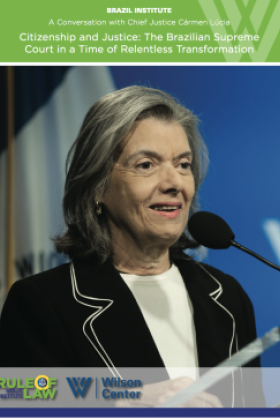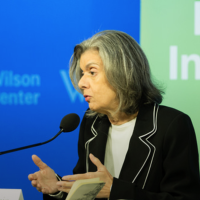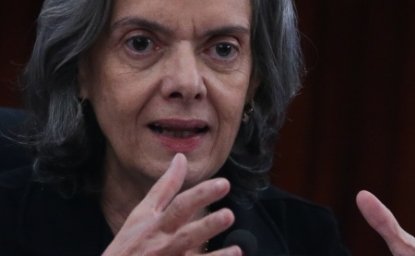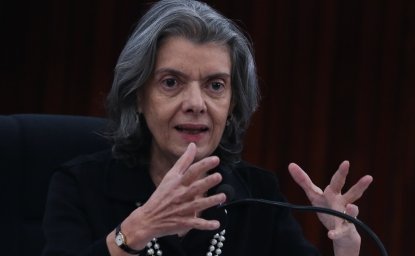Citizenship and Justice: The Brazilian Supreme Court in a Time of Relentless Transformation by Chief Justice Cármen Lúcia


Inspired by the hopeful evolution of the nation’s crisis, the Brazil Institute launched in July 2016 a lecture series to explore the various institutional aspects of this historic, ongoing transformation in Latin America’s largest country. The initiative, reflective of a broader Wilson Center focus on the global fight against corruption, brings to Washington audiences the judges, prosecutors, defense lawyers, legal experts, and practitioners engaged in the evolution of justice and rule of law in Brazil. The series is conducted in partnership with the American University’s Washington College of Law. Edited proceedings of each lecture will be available online, with lectures from the entire series collected in a volume to be published in the second semester of 2017. It is our hope that the statements gathered in this series will shed light on the ongoing efforts of a diverse group of actors to strengthen Brazilian institutions, and deepen the dialogue on rule of law both within and beyond Brazil.
CHIEF JUSTICE CÁRMEN LÚCIA ATUNES ROCHA was appointed to the Brazilian Supreme Court in 2006 by former President Luiz Inácio Lula da Silva. In 2016, she became the second woman to hold the position of Chief Justice of the Brazilian Supreme Court, a position that rotates every two years among the justices of the Court. Prior to joining the Supreme Court, Chief Justice Cármen Lúcia was a lawyer, a state attorney for Minas Gerais, and a professor of Constitutional Law. She studied law at the Pontifical Catholic University of Minas Gerais and received a Master’s in Constitutional Law from the Federal University of Minas Gerais. She has authored and co-authored a number of books on issues of constitutionality.
Author
Contributor


Brazil Institute
The Brazil Institute—the only country-specific policy institution focused on Brazil in Washington—aims to deepen understanding of Brazil’s complex landscape and strengthen relations between Brazilian and US institutions across all sectors. Read more

Explore More
Browse Insights & Analysis
She is One Episode 4: A Conversation at a Critical Moment





